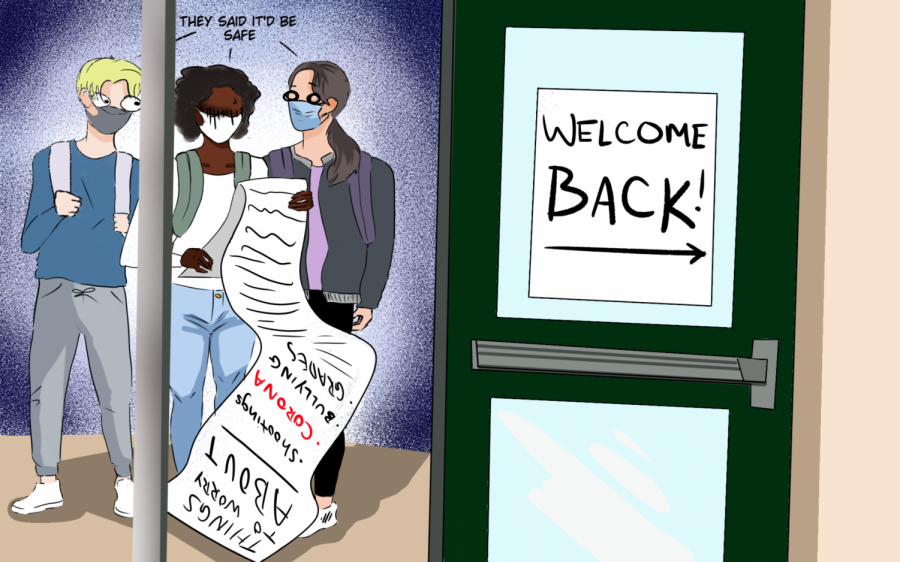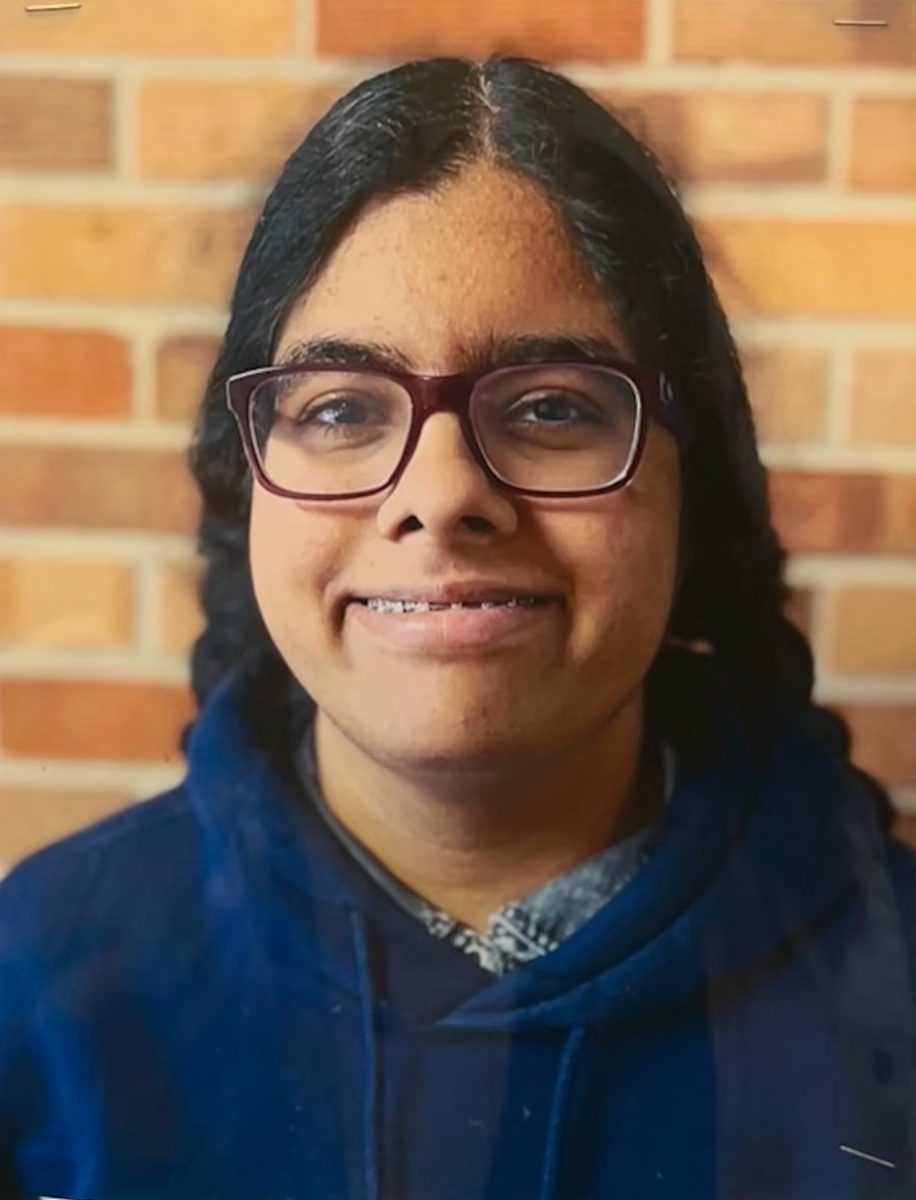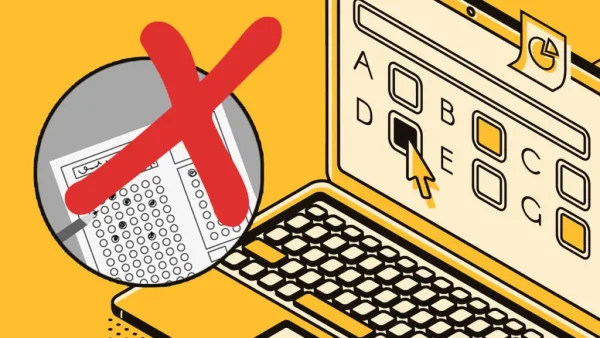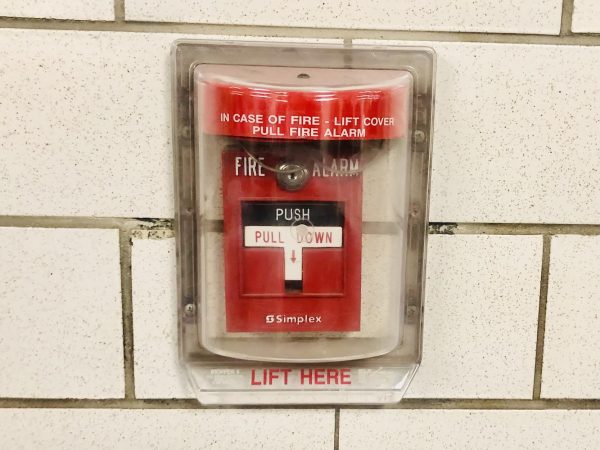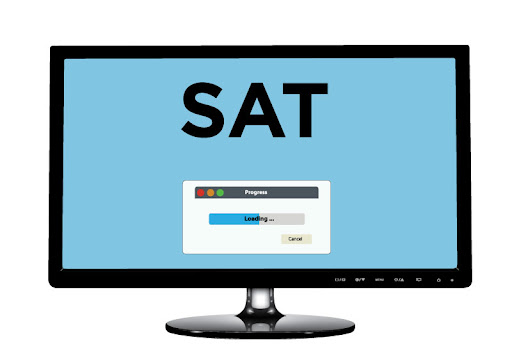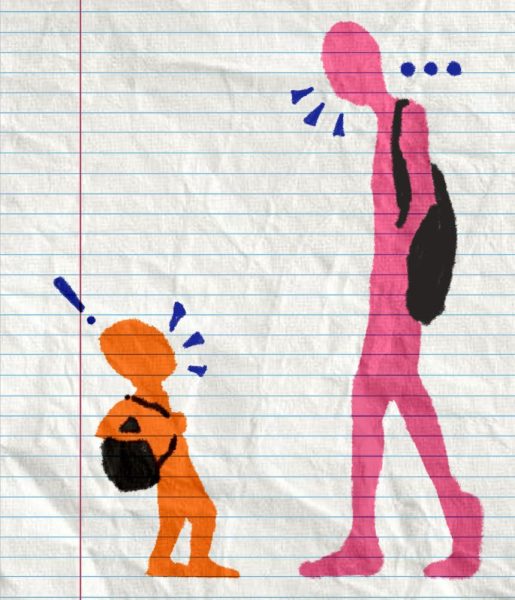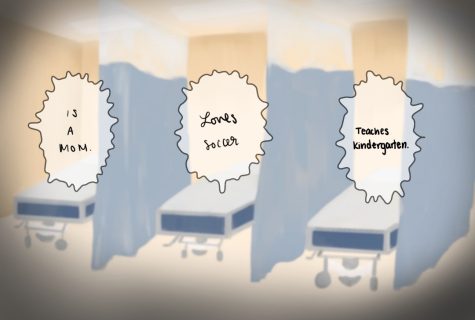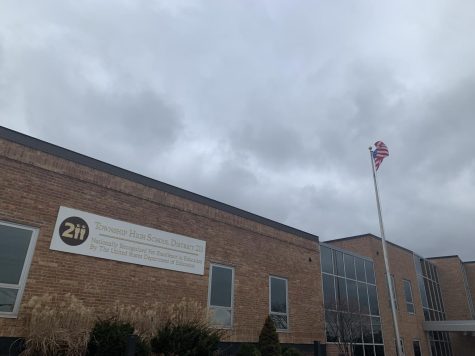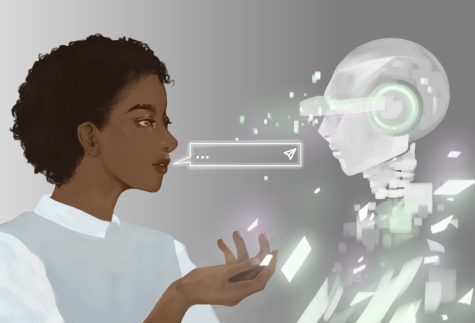Students deserve better
December 16, 2020
As a teenager, so many of your decisions are made by adults in your life. Your parents decide what you’re eating for dinner, your teachers decide what you’re doing in class, and your driving instructor decides the routes you’re driving. This has been exacerbated in the pandemic as approximately 15.8 million high schoolers turn to district leadership every couple of days to find out if they’re going to school, without the ability to give input on their own fate.
Many districts, including District 211, go on a week-by-week basis to decide whether their students are learning online, in person, or in a hybrid scenario and to evaluate the efficacy of their current scenario. While the precarious nature of the coronavirus requires this, these decisions are often taken without the input of the very student body it most affects. Teens are facing the impacts of online learning in the most difficult ways possible: as some students face plummeting mental health, they are unable to keep their grades or extracurriculars up. Students deserve to participate in how school will look.
Mental health has been a difficult journey for students, with up to 20% of all teens experiencing depression before adulthood, and the pandemic has only worsened it. In 2012, the APA estimated that around 35% of kids receive mental health support only from schools, and this number was higher in areas with lower income and higher proportions of students of color. With school being completely online, kids are now quickly losing support for their anxiety, depression, and various other mental health issues.
Many students also feel that online school limits their traditional learning style and face increased stress as they are pressured to maintain their grades for college and career goals despite the pandemic. Additionally, the consequences of economic issues and being isolated from loved ones has an indisputable impact on individuals of all ages, but especially teenagers that feel distant from their parents in an incredibly important developmental stage. Simply put, the cards are stacked against today’s teenagers as they battle mental health while balancing grades, economic troubles, and missing their classmates, extracurriculars, and jobs.
News so far has misled us to believe that schools being open could be a super-spreader event: the truth is, schools being open isn’t – a lack of government funding and support for opening them safely is the problem. European schools are safe because of their stringent requirements and public access to free (yes, free!) masks and sanitizing equipment. Additionally, some schools within the United States lack basic infrastructure to maintain safety: how are teachers supposed to keep kids distanced if they have small classrooms, no windows, and less desks and chairs than they need?
Teachers and districts are appropriately worried about school reopenings, but it’s not their fault – the fault lies in an ineffective, and frankly, careless public health system. Even as vaccine distribution begins in full, there’s a long wait until students can resume in-person school, and until then, teenage mental health will continue to suffer.
While the failure of the government in effectively handling coronavirus prevents students from returning in person soon, students currently have very limited say in how they think online school or hybrid models should function. High school students today are far more politically involved and have access to healthcare research, enabling them to participate in discussions on public policy. Schools give students the choice to pick whether they would like to continue in either hybrid or online situations, but students have very cloudy pictures of what school will actually look like. To some adults, this may seem a minor problem, but for high school students, this online year can predict their future.
Students need to be able to communicate with teachers on what is heightening their stressors in a tough environment, how they can learn better, and how they can work on balancing confusing schedules with online school. Small things like greater opportunities for extensions and extra credit, online mental health resources, and increased email communication with their teachers allow students to feel supported, despite a tendency to possibly try and stay true to the spirit of rigorous high school courses during the pandemic. Without true student-teacher communication, future online semesters will only continue to harm a tired, confused, and worried student body. Students deserve better.

